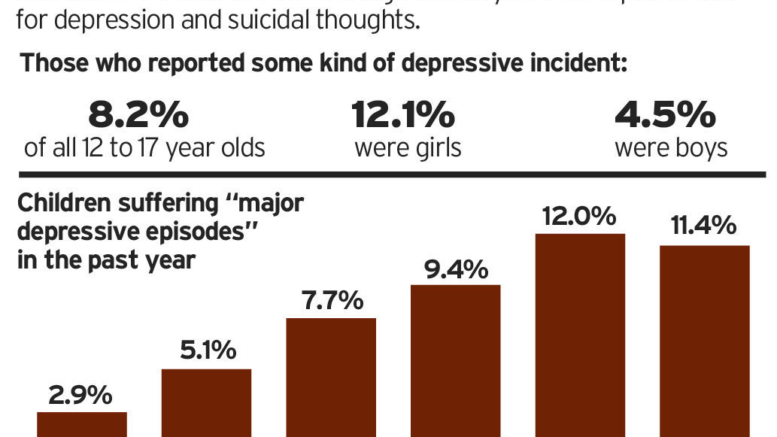According to the Center for Disease Control and Prevention, about 1 in 5 teens between the ages of 12 and 18 suffer from some form of mental illness. Despite this statistic, there has long been a taboo lingering around the subject of mental health, and it is only now beginning to fade.
Similarly, sexual harassment is another prevalent issue to teens that is slowly emerging from its longstanding hushed and unaddressed nature. In the wake of the increasing sexual harassment allegations in Hollywood and in government—with accusations against powerful men like Harvey Weinstein, Kevin Spacey, Roy Moore, and President Donald Trump — ignoring the issue of sexual abuse today is nearly impossible.
At T.C., the discussion about sexual harassment and mental health issues is lead by Academy 1 and 2 social worker Susan Parcell and intern Ashton Hewlett, who are trying to establish a more open dialogue in regards to these issues. Their goal is to normalize discussion about these issues to make T.C.’s environment and students lives safer.
A social worker’s main roles includes attending to student mental health, making sure students home lives are safe and monitoring students attendance. Social workers partner with counselors to help students “sort out their feelings and emotions.” Additionally alongside counselors, social workers help with emotional support; ranging from dealing with a break-up to depression and suicidal thoughts. “[Our job is to] Keep you safe and other people safe,” said Parcell.
The presentation is apart of the newly adapted 2016 ACPS physical education curriculum, discussing mental illness and sexual harassment and helping helping students understand what these issues looks like. Social workers like Parcell wants students to remain observant for any warning signs in their peers, and come to a social worker or counselor to help them with overcoming any issue.
In the six years Parcell has worked at T.C. she has known three students who have committed suicide. “Doesn’t matter race or economic background, depression affects everyone,” Parcell continues, “without help, students take matters into their own hands.”
Throughout the presentation, Parcell urged students to utilize the extensive support network available to them. “That’s the beauty of T.C., there’s lots of people here to help you,” said Parcell.

